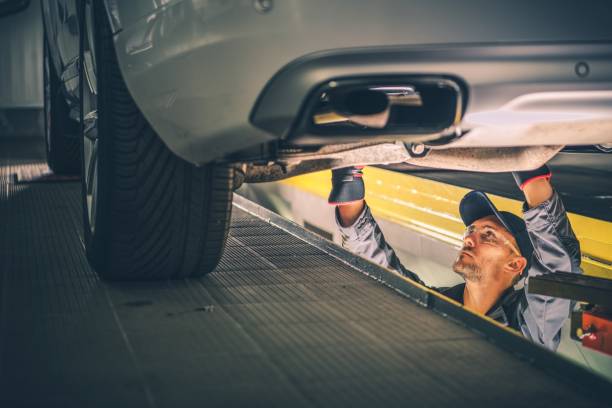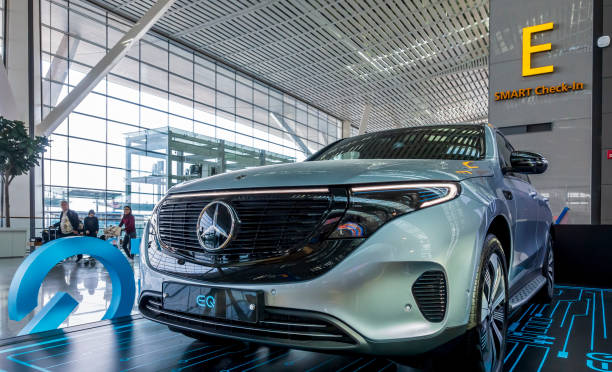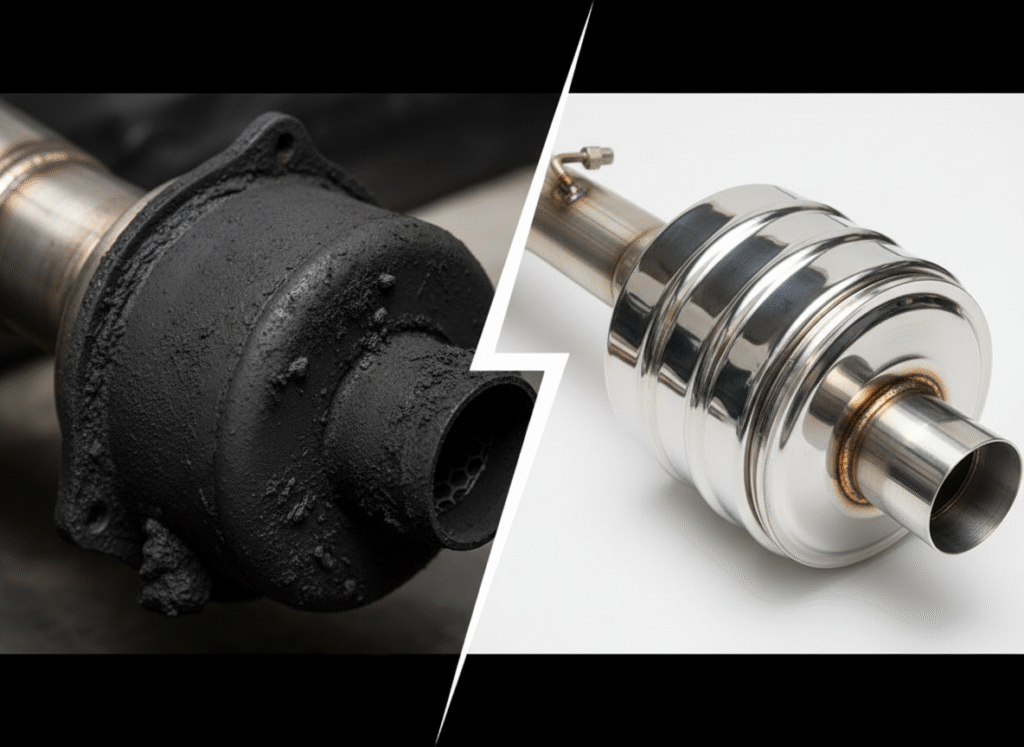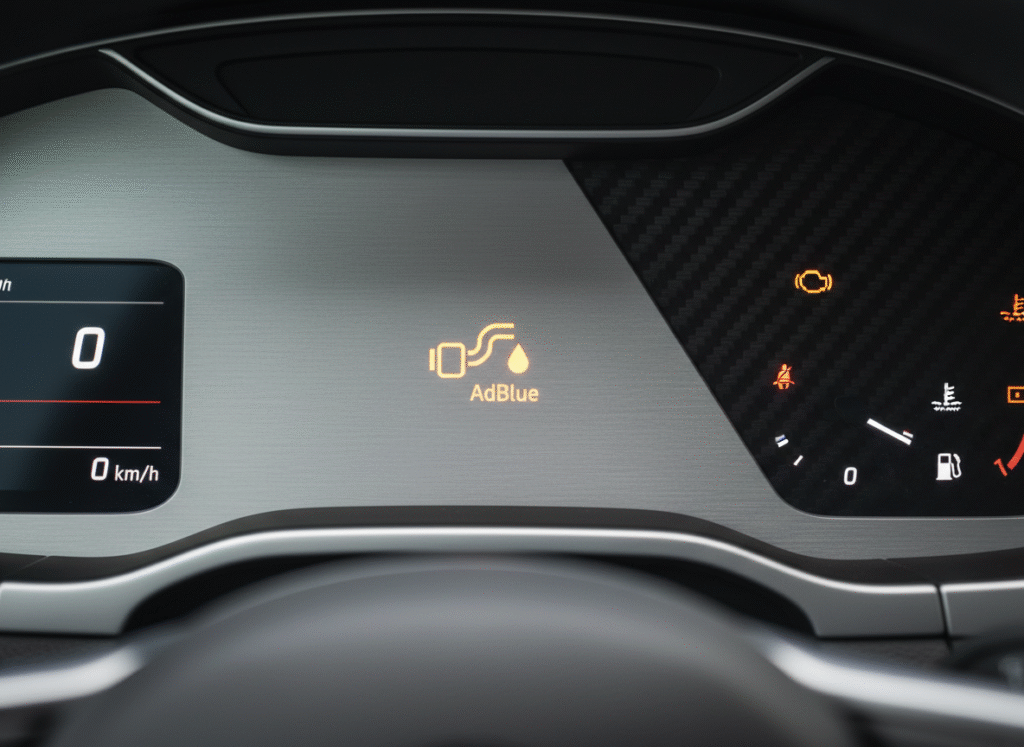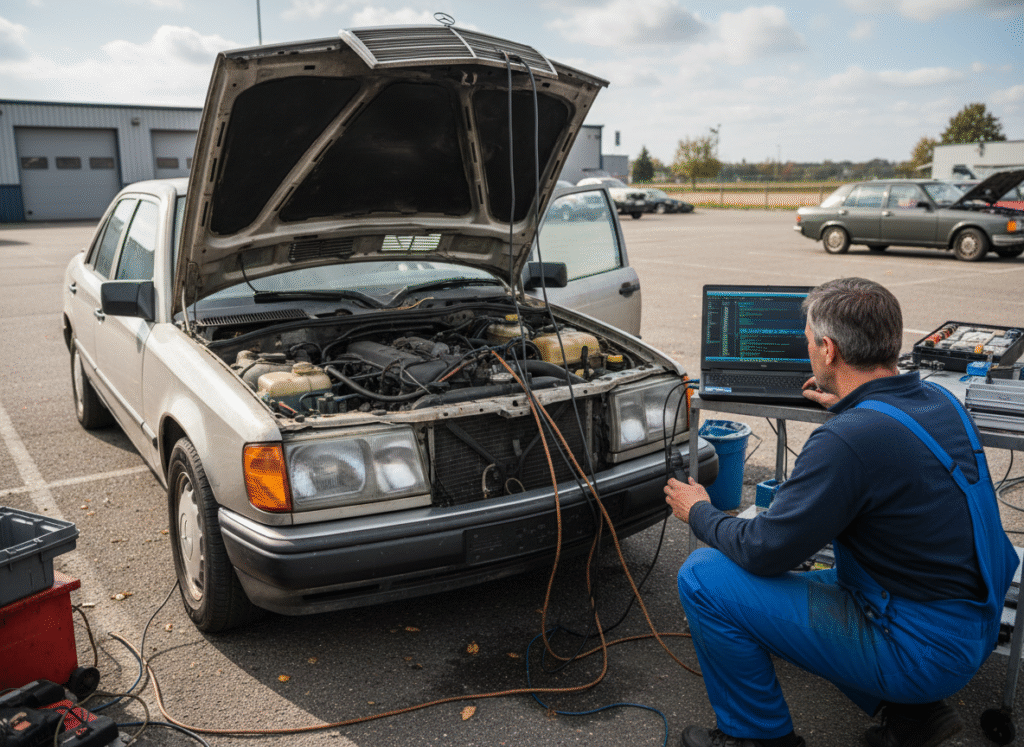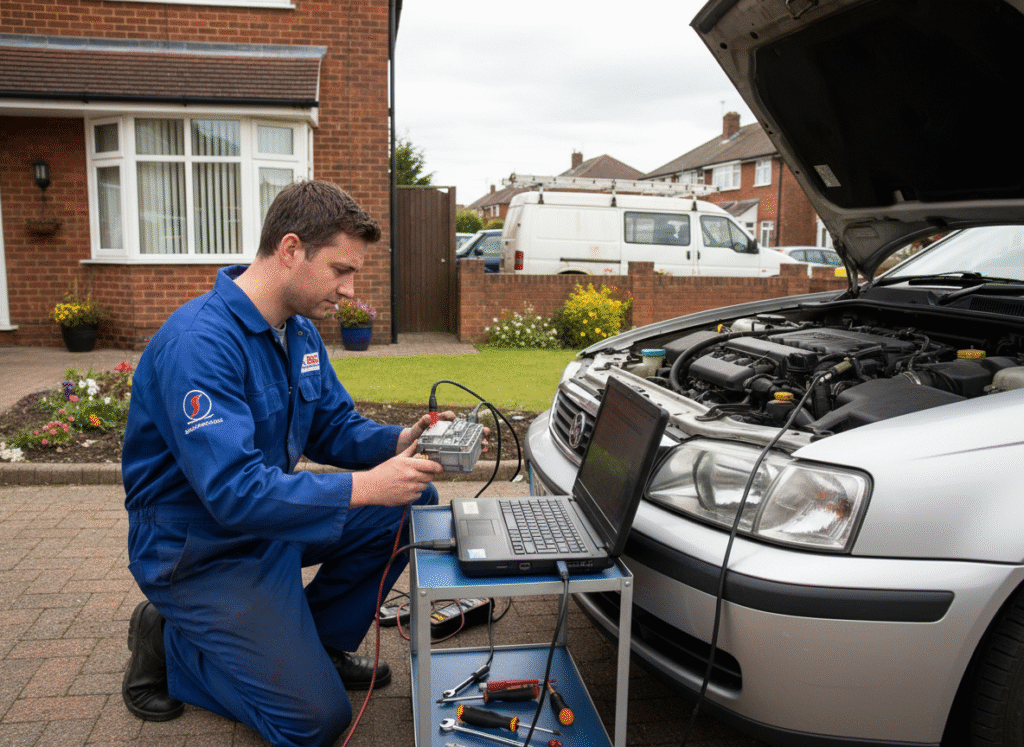Introduction:
Does Rapid Acceleration Cause Damage to Your Car?, often associated with spirited driving and exhilarating bursts of speed, has long been a subject of debate among car enthusiasts and experts alike. While some argue that aggressive acceleration can lead to premature wear and damage to vehicle components, others contend that modern cars are engineered to withstand such demands. In this comprehensive article, we’ll delve into the effects of rapid acceleration on your car, examining both the potential risks and the prevailing myths.
-
The Mechanics of Acceleration: Putting Stress on Engine and Drivetrain
Acceleration involves a complex interplay of mechanical forces within the vehicle, with several components bearing the brunt of the strain:
- Engine: Rapid acceleration places significant stress on the engine, forcing it to work harder to produce the necessary power. This can lead to increased wear on components such as pistons, valves, and bearings.
- Transmission: The transmission is responsible for transmitting power from the engine to the wheels. Sudden, aggressive shifts during rapid acceleration can place strain on transmission components, potentially leading to premature wear or failure.
- Drivetrain: Components such as the driveshaft, differential, and axles are subjected to increased torque during rapid acceleration, which can accelerate wear and tear over time.
-
Fuel Consumption: Balancing Power and Efficiency
One of the primary concerns associated with rapid acceleration is its impact on fuel consumption:
- Fuel Efficiency: Rapid acceleration often results in a temporary decrease in fuel efficiency, as the engine must consume more fuel to generate the additional power required for acceleration.
- Long-Term Effects: While occasional instances of rapid acceleration may have minimal impact on overall fuel economy, habitual aggressive driving can significantly increase fuel consumption over time, leading to higher operating costs.
-
Mechanical Stress and Wear: Understanding the Risks
Excessive acceleration can subject vehicle components to mechanical stress and wear:
- Engine Wear: Continuous rapid acceleration can accelerate wear on engine components, leading to increased maintenance costs and reduced longevity.
- Transmission Damage: Abrupt shifts and high-speed acceleration can strain transmission components, potentially causing premature failure or necessitating costly repairs.
- Suspension and Brakes: Aggressive acceleration can also affect suspension components and brakes, leading to increased wear and potentially compromising vehicle safety.
-
Handling and Control: Balancing Performance and Safety
Rapid acceleration can impact vehicle handling and control, particularly in adverse driving conditions:
- Traction Loss: Sudden acceleration can cause wheel spin and loss of traction, especially on slippery surfaces such as rain-soaked roads or snow-covered pavement.
- Risk of Loss of Control: Aggressive acceleration increases the risk of losing control of the vehicle, particularly when combined with high speeds or abrupt maneuvers.
-
Dispelling Myths: Debunking Common Misconceptions
Despite concerns about the potential risks of rapid acceleration, some commonly held beliefs may not be entirely accurate:
- Engine Warm-Up: Contrary to popular belief, allowing the engine to warm up before driving does not necessarily mitigate the risks of rapid acceleration. Modern engines are designed to operate efficiently even when cold, although gentler driving during warm-up can prolong engine life.
- Break-In Period: While it’s true that new vehicles may have a break-in period during which gentle driving is recommended, this is primarily to allow components such as piston rings and bearings to seat properly. However, occasional instances of rapid acceleration during normal driving are unlikely to cause significant harm.
-
Responsible Driving: Finding a Balance
Ultimately, the key to minimizing the potential risks associated with rapid acceleration lies in responsible driving habits:
- Moderation: Occasional instances of rapid acceleration are unlikely to cause significant harm to well-maintained vehicles. However, habitual aggressive driving can accelerate wear and increase the likelihood of mechanical issues.
- Regular Maintenance: Proper maintenance, including regular oil changes, fluid checks, and inspections, is essential for preserving vehicle health and longevity, especially for vehicles subjected to frequent rapid acceleration.
- Safety First: Above all, prioritize safety when driving. Avoid aggressive maneuvers and excessive speed, especially in adverse weather or road conditions, to reduce the risk of accidents and ensure the safety of yourself and others on the road.
Conclusion:
In conclusion, rapid acceleration can have both short-term and long-term effects on your car, ranging from increased mechanical stress and wear to reduced fuel efficiency and compromised handling. While occasional instances of rapid acceleration may not cause significant harm, habitual aggressive driving can accelerate wear on vehicle components and increase the risk of mechanical issues. By adopting responsible driving habits, maintaining regular maintenance, and prioritizing safety, drivers can strike a balance between enjoying the thrill of acceleration and preserving the health and longevity of their vehicles.

